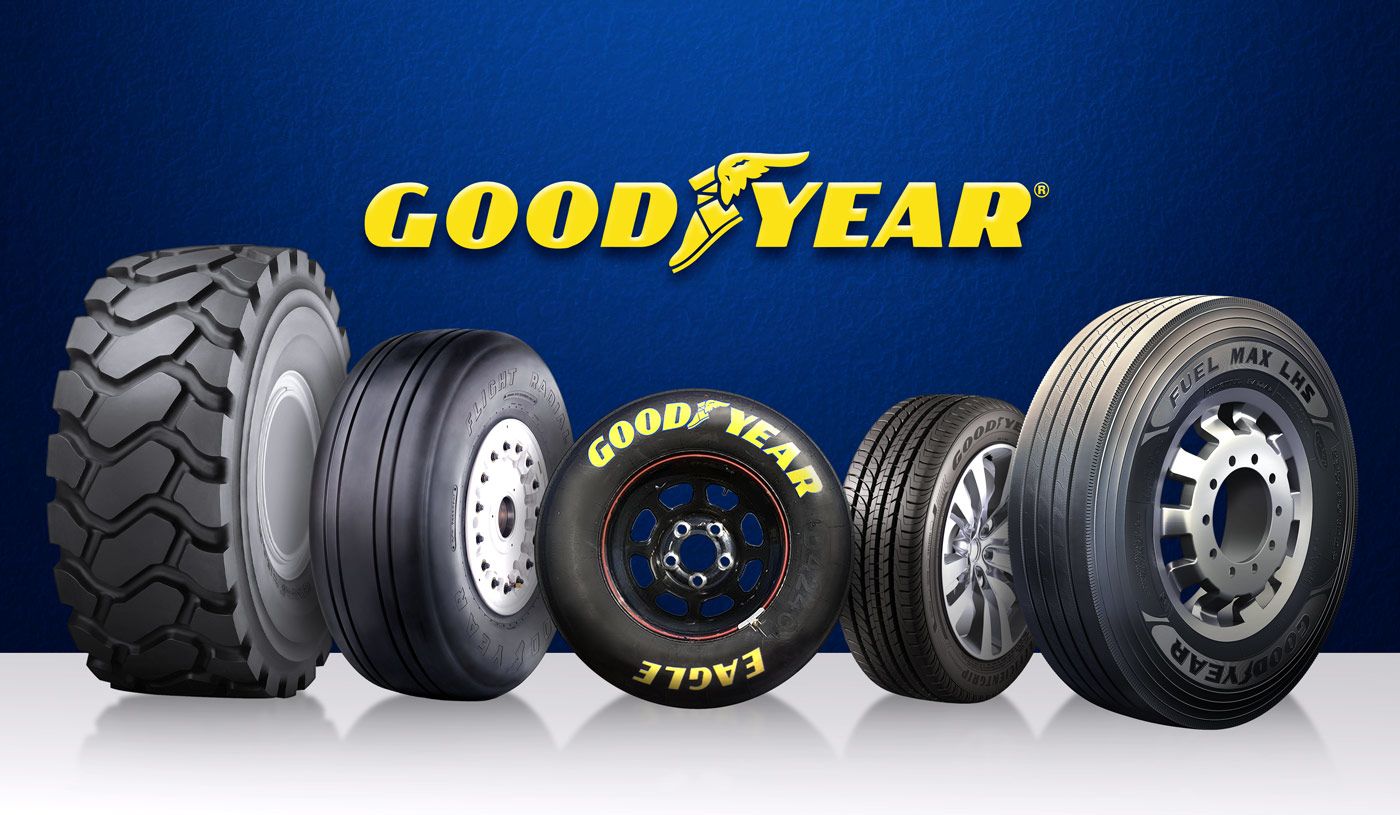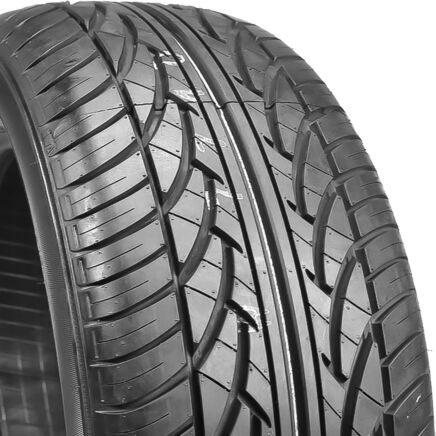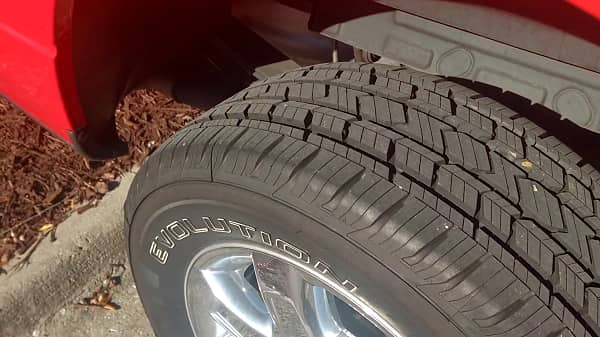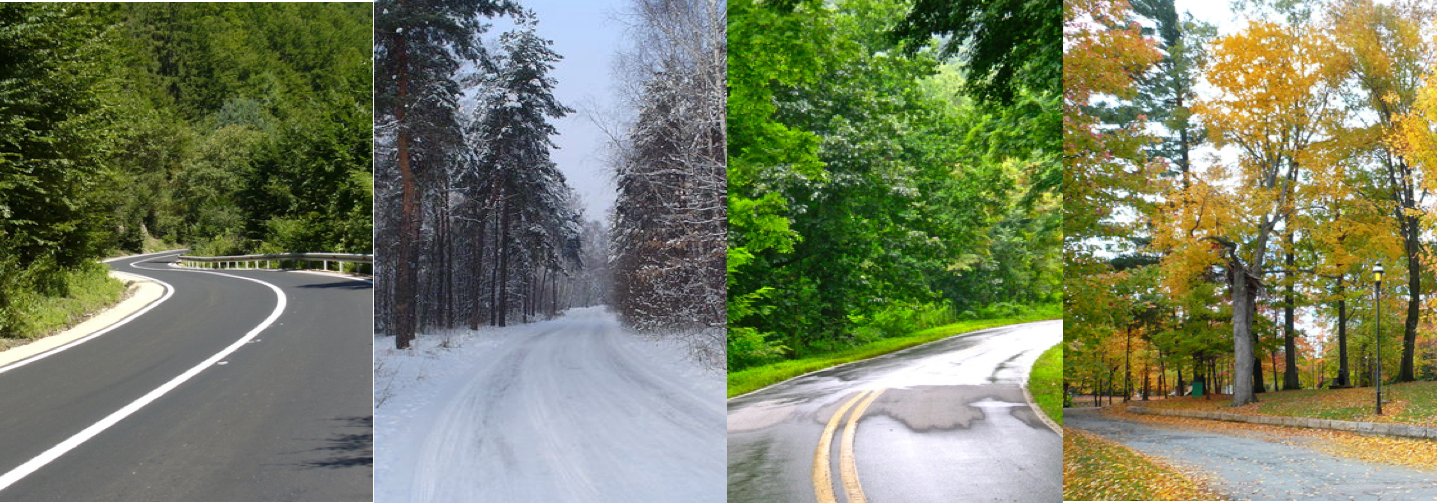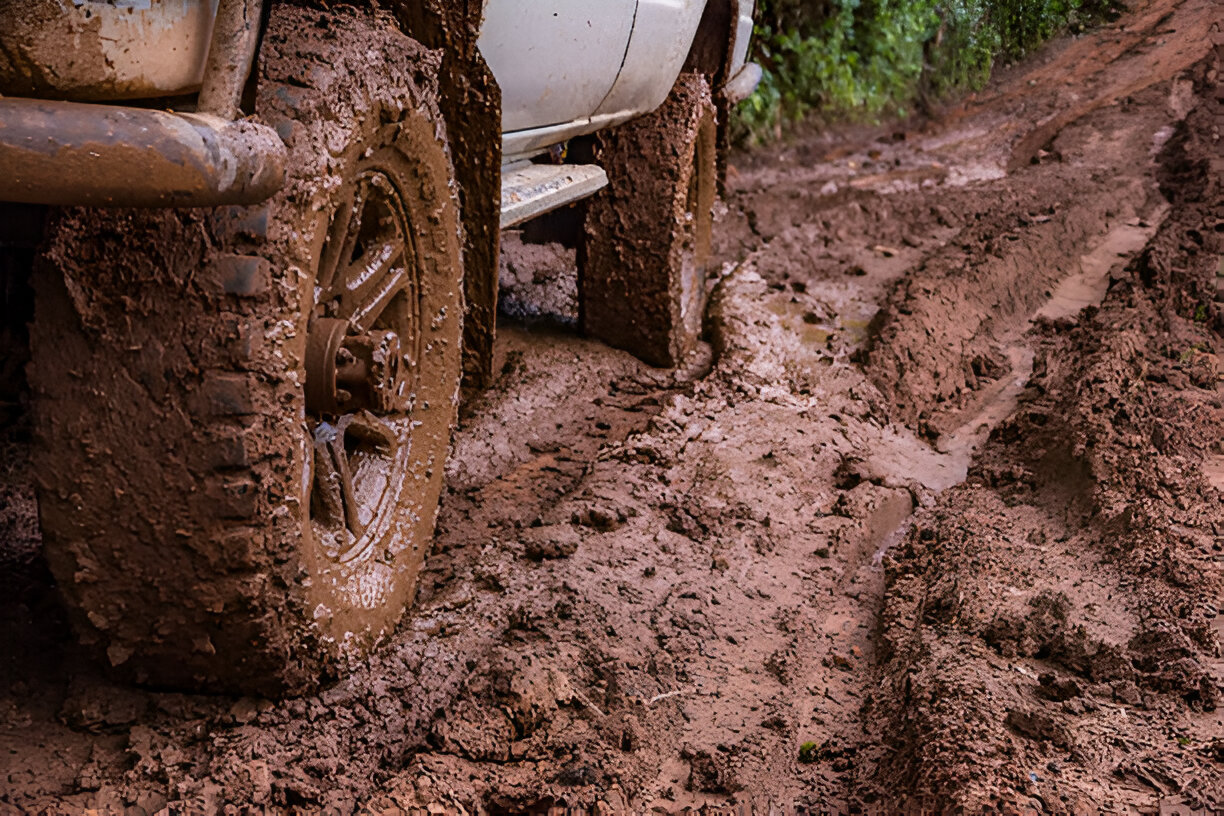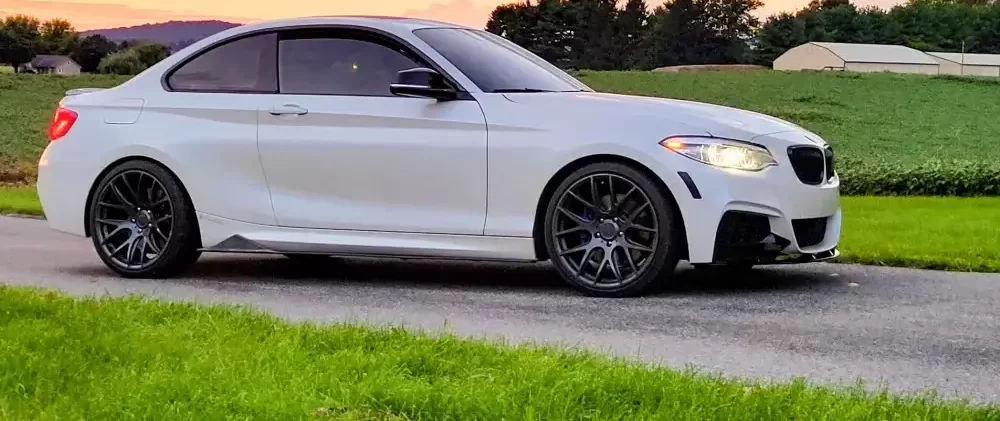Last Updated on July 30, 2025
Critical Considerations for Golf Cart Tire Selection
Golf carts are the unsung heroes of leisurely mobility, whether you’re cruising down the fairway or navigating a bustling resort. But the magic of these compact vehicles lies in the details, particularly the tires that support them. Choosing the right golf cart tires can significantly impact your ride’s comfort, performance, and safety.
A golf cart may be one of the most versatile vehicles out there. In addition to their principal application on the golf course, they are frequently used by homeowners with large properties, Hunting and Outdoor Enthusiasts, or on neighborhood paths and streets as an alternative and convenient mode of transport. However, as fun and valuable as golf carts may be, they’re not as widely owned as cars, trucks, or motorcycles.
For this reason, it can be hard to research and shop for golf cart tires when they come due for replacement. Fortunately, you won’t need to search high and low for a specialty shop to find some information on golf cart tires. You can read this article and feel much better about your golf cart tire knowledge.
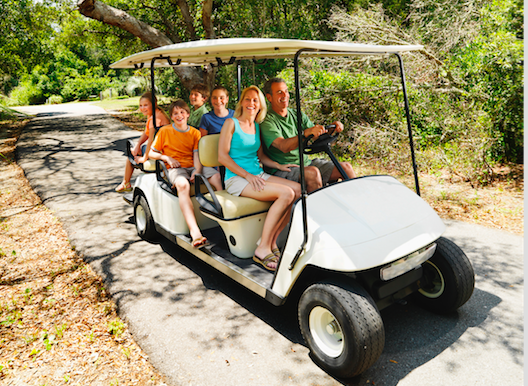
New vs. Used Golf Cart Tires
As with all tires, it’s best to buy your golf cart tires new. Some may think that since you’re not putting a lot of wear and tear on tires, buying new ones may not be as crucial, but that’s not the case.
For the best value, performance, and longevity of your tires, always buy them new. Buying used ones may save you a few bucks upfront, but buying them new will ultimately save you more in the long run.
Exploring the Unique Features of Golf Cart Tires
Golf cart tires may seem like simple rubber rings designed to support a vehicle on the golf course, but they possess unique features that cater to their specific role. Here are some of the standout characteristics that set golf cart tires apart:
- Turf-Friendly Tread: Golf courses demand tires that are gentle on the grass. Golf cart tires typically feature a turf-friendly tread pattern that minimizes damage to the delicate turf while ensuring a smooth ride.
- Low Profile: Golf cart tires are often low-profile, which means they have a shorter sidewall. This design enhances stability and maneuverability, which is crucial for navigating tight turns and curvy fairways.
- Tubeless Options: Many golf cart tires are tubeless, making them less susceptible to flats caused by punctures. This feature reduces maintenance hassles and ensures your tires stay inflated.
- All-Terrain Varieties: All-terrain golf cart tires are available for those who use their golf carts beyond the course. These tires provide versatility for various surfaces, from rugged trails to pavement.
- Street-Legal Tires: In some cases, golf carts are used for short trips on public roads within specific areas like retirement communities. Street-legal golf cart tires are designed to meet legal requirements for on-road use.
- Durable Construction: Golf cart tires are built to withstand the rigors of the golf course and other terrains. They are constructed with durability in mind to ensure a long lifespan.
- Load Capacity: Depending on the model and purpose of your golf cart, tires are designed to support different load capacities. It is essential to choose tires that can handle the weight of your passengers and cargo.
- Optimal Performance: Golf cart tires are engineered to balance traction, stability, and ride comfort for a leisurely yet safe experience.

These unique features collectively make golf cart tires an integral part of the golf cart’s functionality, ensuring a smooth and safe ride whether you’re enjoying a round of golf or exploring other terrains.
What type of Golf Cart tire is right for me?
One of the more difficult parts of buying golf cart tires for the first time is determining what kind of tire tread you need. There are three tire treads for golf carts: turf/street, off-road/knobby, and all-terrain. Some all-terrain and knobby tires may also be directional tires.
This means those tires must be installed facing a specific direction due to how the tread pattern is designed. There are dozens of reputable brands and styles for each type of tire. Some of the better-known golf cart tire brands are Carlisle Tires, Nanco Tires, WDT, and Greenball Tires.
1) Turf & Street Golf Cart Tires
The first and most common type of tire tread is turf/street. These are most likely what’s on your golf cart, provided you haven’t changed it. These tires were designed not to tear up the fairways and sensitive turf as you drive from hole to hole on the golf course and are best if you want a smooth ride through your neighborhood.
If you use your golf cart to drive around your neighborhood or get through your 18 holes, turf/street golf cart tires are recommended.
2) Knobby Off-road Golf Cart Tires
The next type of tread pattern is off-road/knobby. These are the tires you would use if you traverse heavily wooded areas or drive through mud and sand. This type of tire tread is very similar to what you would find on an ATV or a quad. Off-road/knobby tires are recommended almost exclusively for outdoors people and would make for an uncomfortable and bumpy ride if you use them on the street.

Tread life would also be a problem as the rubber is not optimized for exclusive pavement use. These tires are a good option if the cart is used mainly in general utility applications on farms or rural property as an alternative to an ATV or UTV.
3) All-terrain Golf Cart Tires
Third, we have the all-terrain tire tread. These are considered the best of both worlds. They have a much smoother, shallower tread than you would find on off-road tires, though a much more aggressive tread than what likely came initially on the golf course cart.
So, if you travel off-road and on the street, these tires may be best for you! However, since the tread is much more aggressive than turf tires, these are not recommended for golf course usage, nor would they be allowed.
So now that you’ve decided what type of tires you want, you need to figure out where to get them. Tires-easy.com has a great selection of off-road and turf tires for your golf cart. So whether you use your cart to finish off the back nine or traverse some of Mother Nature’s more challenging stretches, you’ll find your needs covered.
Conclusion
As you embark on your quest to find the perfect golf cart tires, remember that these rubber companions play a vital role in your overall enjoyment. Whether you’re cruising through golf courses, campground trails, or your neighborhood, the right tires can make a difference. So, take a swing at optimizing your golf cart’s performance and safety by selecting the ideal set of tires.
At Tires Easy, we offer a wide range of high-quality golf cart tires that cater to various needs and preferences. Don’t miss the opportunity to elevate your golf cart experience. Visit our website now and explore our extensive selection. It’s time to ensure a smoother, safer, and more enjoyable ride on your golf cart journey. Choose the right tires today and roll with confidence.
FAQs
What is a standard golf cart tire?
A standard golf cart tire is designed to fit most golf carts and is typically sized at 18×8.50-8. These tires are optimized for golf course terrains and offer a balance of traction and smoothness.
What size tires do golf carts use?
Golf carts commonly use tire sizes like 18×8.50-8 for standard applications. However, the specific size may vary depending on the cart’s make and model, so checking your cart’s manual for the recommended tire size is essential.
Are golf cart tires tubeless?
Many golf cart tires are indeed tubeless, which simplifies maintenance. Tubeless tires are less prone to flats caused by punctures, making them a practical choice for golf cart owners.
What are the different types of golf cart tires?
There are various golf cart tires, each suited for different terrains and purposes. Common types include standard, turf, all-terrain, and street tires. Standard tires are ideal for golf courses, while turf tires are gentle on grass. All-terrain tires provide versatility for various surfaces, and street tires are designed for on-road use. Choosing the right type depends on your needs and where you plan to use your golf cart.
-
Automotive Specialist
-
Proofreader
-
Writer




